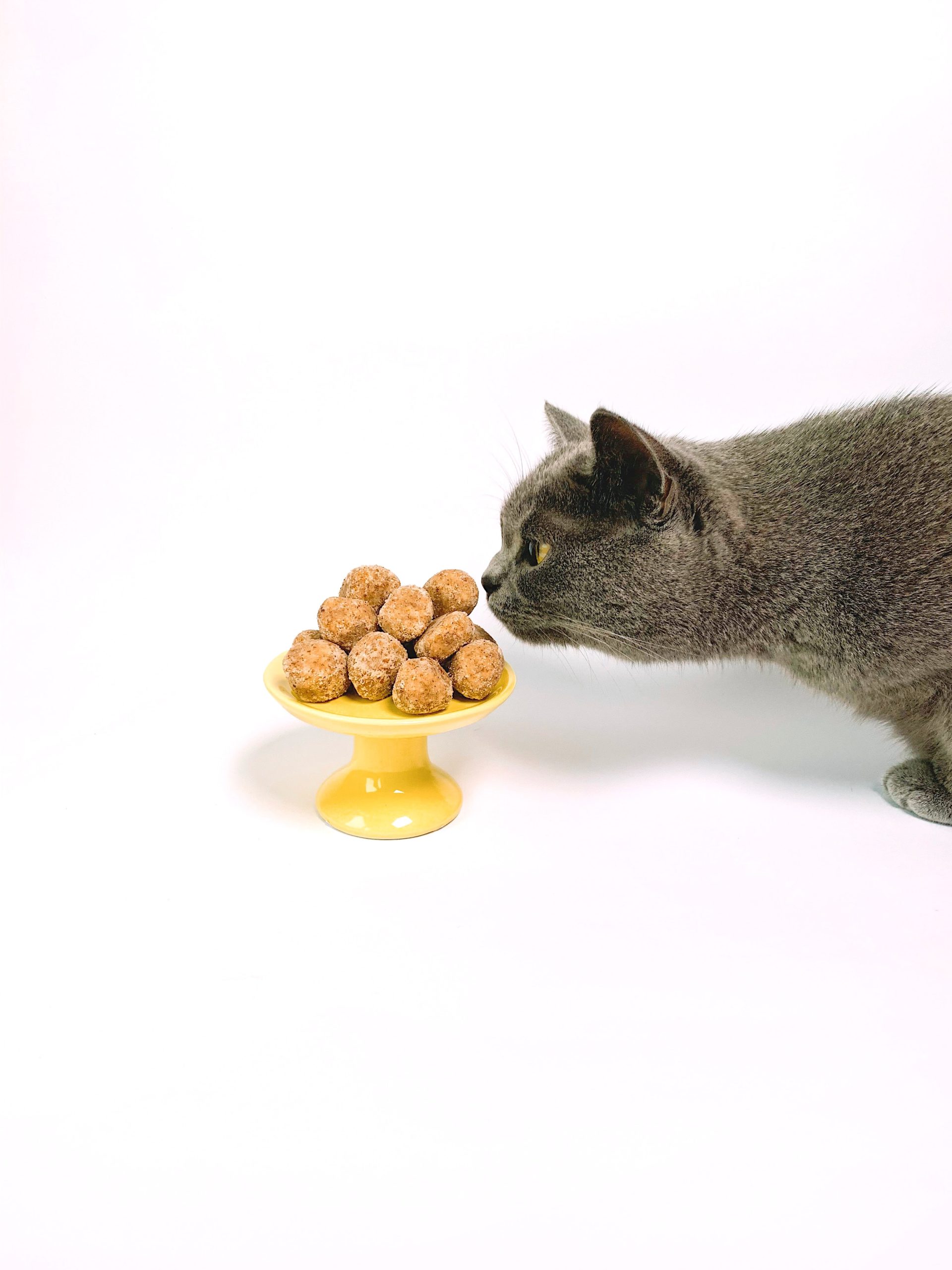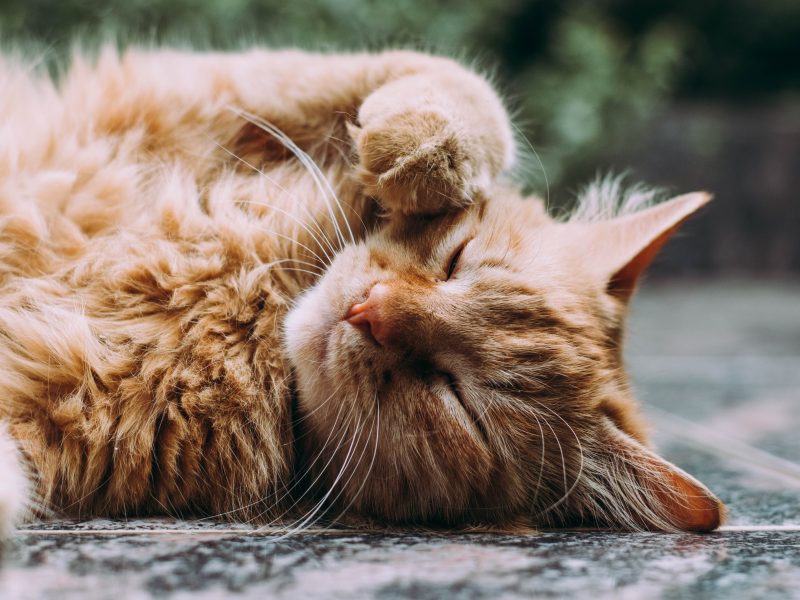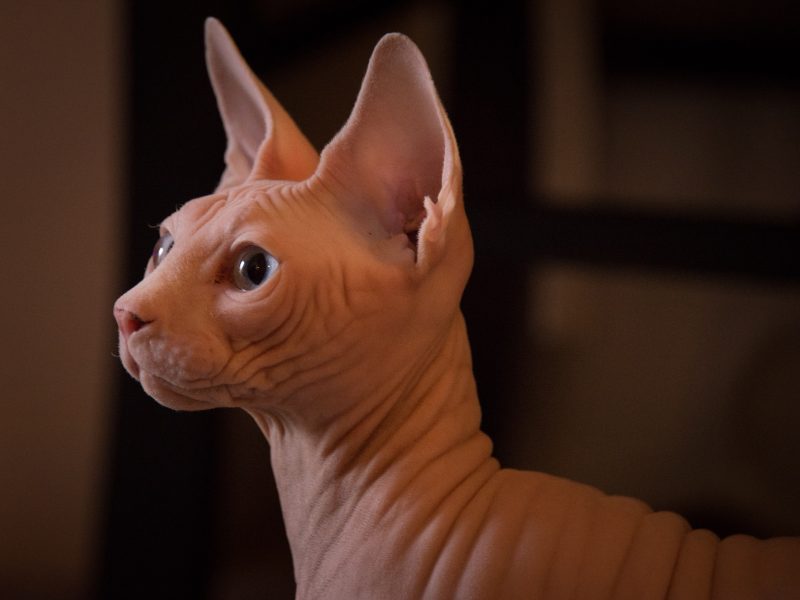Warning: Undefined variable $custom_content in /www/wwwroot/adoptorbuy.com/wp-content/themes/fairy-blog/functions.php on line 104
Last updated on August 8th, 2022 at 01:57 pm
What you need to know
Obligate Carnivores
Cats are obligate carnivores. This means that they have to eat animal meat to survive and remain healthy. A good diet for a cat should be in high protein, with a small amount of fat and carbohydrates, and a little fiber to aid digestion. A balanced diet should also include the right proportion of vitamins and minerals: not too many, but not too few. There are lots of brands and types of food on the market, which can be confusing for new owners: how do you know what’s right for your cat, and how much should you feed? We recommend consulting your vet for specific recommendations, but in general, you should think about your cat’s age, health status, and activity level when selecting food. It’s also worth looking at the ingredients label: usually, it’s best to choose a food that contains mainly meat, or meat by-products.
Cat Food made for Cats
Kittens should get pet food that is specifically formulated for them. It is usually in smaller pieces or soft and easy to chew. It also is full of plenty of nutrients to help the kittens grow properly, and fuel their boundless playful energy! Once a cat is a year old, they can transition to adult cat food. If your cat is neutered, he/she may benefit from food designed for neutered cats; some neutered cats are prone to overeating, and a lower calorie diet will prevent obesity.
Kitten Meal Times
Cats typically eat frequent small meals during the day. You can leave a bowl of food for your cat to enjoy when they like. If your cat is overweight or tends to over-eat, then you can feed two or three meals a day. There are also automatic feeders that dispense controlled portions for your cat; this is a great option if you work long or irregular hours.
Obesity in Cats
Although a fat cat may seem cute or appealing, the reality is that obesity can seriously impact your cat’s health and quality of life. Overweight cats are more likely to develop problems with their joints and organs. They often cannot jump, climb or run normally, and may even struggle to groom or keep clean. Overweight cats are also at risk of developing urinary crystals, which are both painful and life-threatening.
Ask your Vet
The internet can provide many contrasting opinions, and you should keep in mind that diets also depend on health conditions. Searching up “What do cats eat” can teach you the basics, but it is no substitute for a professional consult with your veterinarian!


